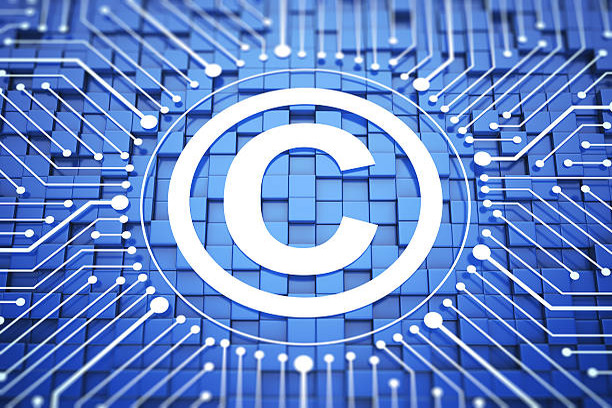


Twitter recently announced a new policy aimed at flagging what it deems as objectionable content from verified government officials, representatives, and candidates. This move prompts reflection on the impact of these changes.
In this era of instant connectivity and perpetuity of posted content, considerations arise: What value does my commentary add? Could it influence or offend others? Ultimately, does it truly matter?
Twitter’s intention to flag tweets selectively raises concerns. While on the surface, it may resemble content rating systems in other media, the depth of Twitter’s proposed approach is alarming due to its selective application.
This policy currently targets politically influential figures with substantial followings. However, the potential expansion of this practice raises pertinent questions about its fairness and inclusivity.
The vague definition of “abusive” content poses challenges. What constitutes abusive language? Would a simple expression of disagreement be considered offensive? This lack of clarity threatens the fundamental right to express opinions freely.
In the sphere of uncensored media and freedom of expression, a critical concern arises surrounding the rights and responsibilities of influential figures. Despite the ethos of free speech, Twitter’s policies often exempt select influential individuals from the repercussions of their content, creating a disparity in accountability. This issue underscores the significance of legal safeguards and the expertise of professionals like Intellectual Property Attorneys who navigate the complexities of rights, responsibilities, and freedoms in the digital landscape. These legal experts play a pivotal role in safeguarding both individual expression and societal interests, ensuring a balance between free speech and responsible conduct. As guardians of intellectual property rights and advocates for fair use, their involvement becomes crucial in shaping a landscape where rights are respected, opinions are voiced, and accountability is upheld.
While social media debates censorship, a more significant threat lurks: the unconsented harvesting and sharing of private data. The ambiguity surrounding data ownership and usage remains a pressing issue in today’s digital landscape.
Advancements in technology empower consumers to control the use of their data. This awakening prompts questions about the balance between information sharing and privacy, reflected in consumer behaviors like ad-blocking and enhanced privacy settings.
Consumers demand a fair exchange: quality content for their data. The loyalty to brands isn’t solely measured by sales but by the mutual respect and value exchanged between brands and consumers.
Ultimately, whether in public discourse or data privacy, the crux lies in respect. A respectful exchange builds trust and fosters a mutually beneficial relationship between content creators, brands, and consumers.